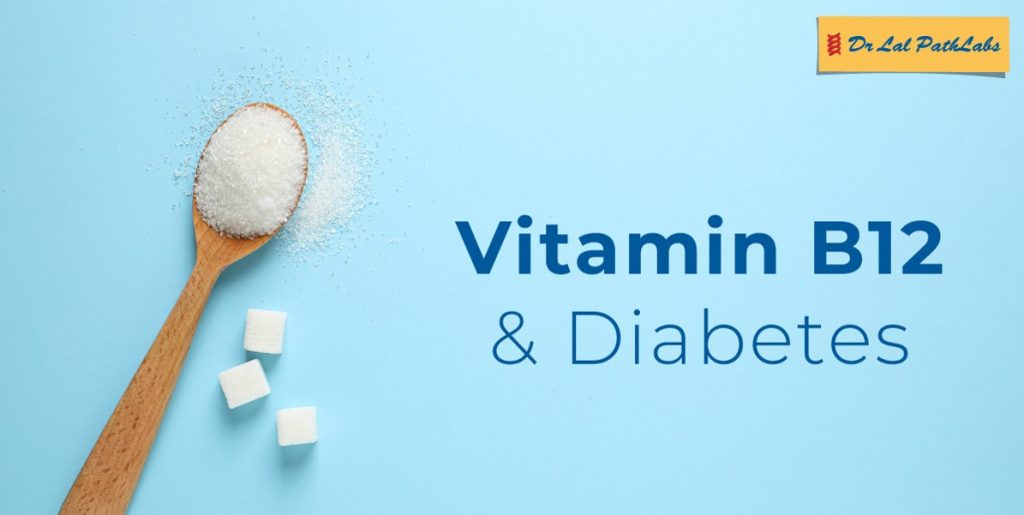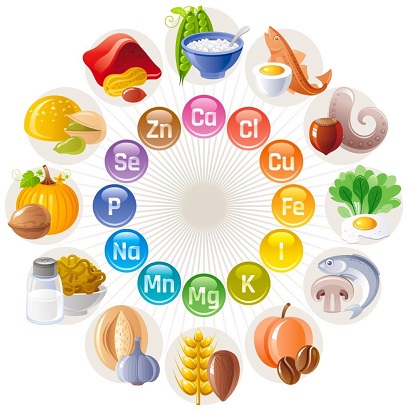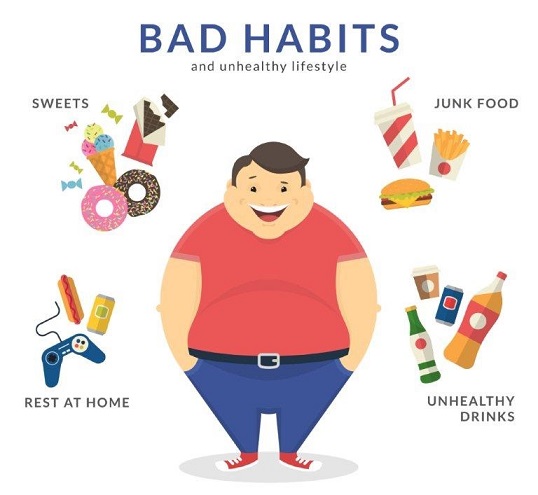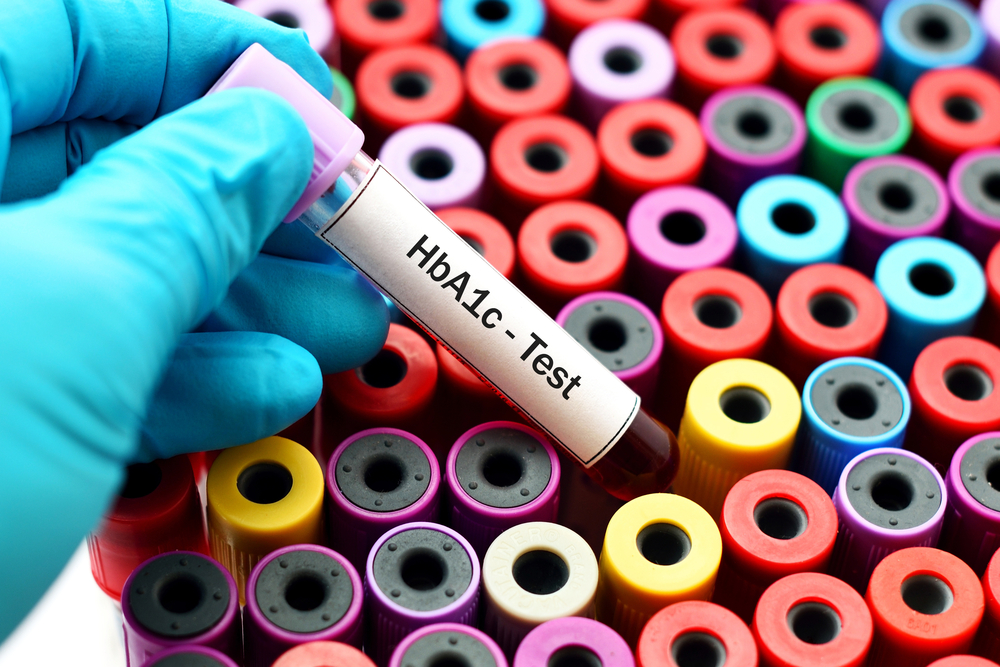Vitamin B12 and Diabetes

Vitamin B12 is a vital micronutrient needed for the proper functioning of the brain, nerve tissues, and blood cell formation. While vitamin B12 is essential for your body’s DNA, your body does not make it own on its own, which means the lack of vitamin B12-rich foods in your diet can lead to a serious deficiency.
Today, about 1.5% to 15% of people worldwide have a vitamin B12 deficiency, which can result in symptoms like dizziness, weakness, weight loss, or even vision problems. Even though diabetes is not among these symptoms, it has been observed that patients with diabetes also tend to suffer from vitamin B12 deficiency.
Causes of Vitamin B12 Deficiency
Several factors are responsible for vitamin B12 deficiency. These include:
- Inadequate diet: Vitamin B12 is obtained primarily from animal-based food such as meat, fish, poultry, and dairy products. Consumption of foods that lack these substances can lead to vitamin B12 deficiency. Vegans and vegetarians stand a higher chance of developing vitamin B12 deficiency. However, fortified cereals, plant-based milk, and nutritional yeast are good alternatives as they are also rich in vitamin B12.
- Inability to absorb Vitamin: Vitamin B12 is a water-soluble vitamin that needs to be broken down and absorbed in the body. There are certain substances that, when taken in large amounts, prevent the absorption of vitamins in the body. These include chloramphenicol (an antibiotic) and metformin, an antidiabetic drug.
- Pernicious Anemia: This is an autoimmune disease condition whereby the body fails to absorb Vitamin B-12 due to insufficient intrinsic factor (IF). Intrinsic factor is a protein that helps absorb dietary vitamin B12. However, it is weak against the attack of the immune system, and when such an attack occurs, the production of IF in the stomach is significantly reduced, leading to possible Vitamin B12 deficiency.
- Digestive diseases: Inflammatory Bowel Diseases (IBD), such as Crohn’s disease and celiac disease, can cause damage to the lining of the small intestines and affect the absorption of vitamin B12.
- Extreme intake of alcohol: Regular alcohol consumption can negatively affect the mucosal lining in the stomach and intestine, resulting in gastritis and subsequently reducing the amount of vitamin B12 absorbed in the body.
Symptoms of Vitamin B12 Deficiency
In most cases, Vitamin B12 deficiency begins with light symptoms. Examples of these warning symptoms include:
- Muscle weakness
- Fatigue
- Appetite loss
- Weight loss
If these symptoms are left unattended, they can result in major health issues such as anaemia, a disease caused by insufficiency of the red blood cells to transport oxygen in the bloodstream.
Another severe condition resulting from vitamin B12 deficiency is peripheral neuropathy. Its symptoms include weakness, decreased motor activity, and loss of sensation.
What is Diabetes Mellitus?
According to the World Health Organization, approximately 422 million individuals globally have diabetes, and the incidence and prevalence of this condition have surged in recent years.
In essence, when the body breaks down the carbohydrates we eat into glucose, the insulin allows this glucose to enter the body for circulation into muscles, fat, and liver cells. It also keeps the amount of glucose in the body in check.
Diabetes mellitus is a chronic health condition whereby the body’s sugar level is extremely high due to the pancreas’ inability to produce or use insulin properly.
If the condition persists, it can cause significant damage to vital organs such as the blood vessels, heart, nerves, and kidneys. Diabetes mellitus is divided into two: type 1 and type 2 diabetes.
- Type 1 diabetes: This occurs mainly in children, often referred to as insulin-dependent diabetes; it occurs when the cells of the pancreas suffer an attack from the immune system, thus preventing it from producing insulin.
- Type 2 diabetes: This occurs mainly in adults. It is a condition whereby the pancreas produces less insulin than it previously did, thereby causing the body to become resistant to insulin. In this case, insulin resides in the body system but can’t be utilised.
The Relationship Between Diabetes and Vitamin B12
A study conducted in 2017 reveals the relationship between metformin and vitamin B12. It was found that type 2 diabetes patients undergoing metformin treatment had a higher chance of developing vitamin B12 deficiency.
Metformin is a major medication used in treating type 2 diabetes; at the same time, it is also a substance that makes it difficult for the body’s system to absorb vitamin B12. It inhibits the calcium-dependent absorption of the vitamin B12-IF (Intrinsic Factor) complex at the terminal ileum.
It is believed that metformin causes a change in the small bowel moulting, which leads to bacterial overgrowth and causes Vitamin B12 deficiency. This means that vitamin B12 deficiency, which occurs in diabetes patients, is often caused by the large intake of metformin. Also, patients who smoke regularly have a higher chance of developing vitamin B12 deficiency.
However, since vitamin B12 deficiency is not directly caused by diabetes but by the intake of metformin, you should not consider Vitamin B12 for diabetes treatment. The rate of developing vitamin B12 deficiency depends on the individual age, amount of metformin intake, and duration of usage.
Both Diabetes and Vitamin B12 deficiency can lead to neuropathy
A severe complication of diabetes is diabetic neuropathy. It inflicts injuries to the body’s nerves, affecting roughly 50% of people with diabetes. It has similar characteristics to peripheral neuropathy caused by vitamin B12 deficiencies, such as numbness, pain, and burning feelings, making it difficult to distinguish between them.














